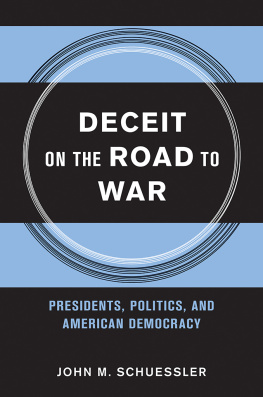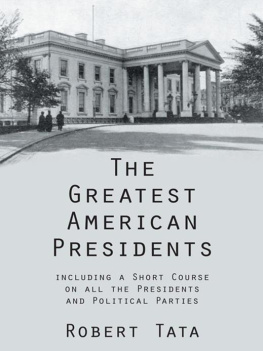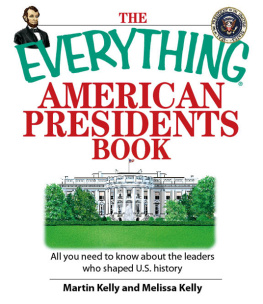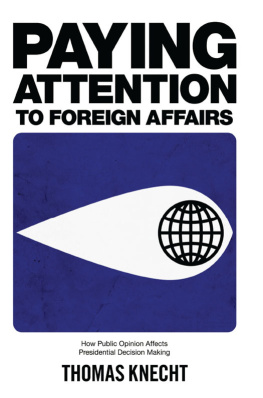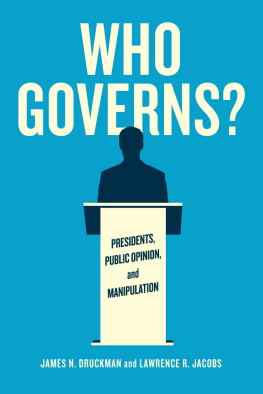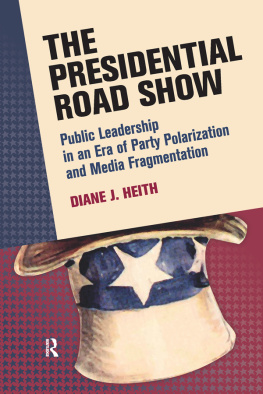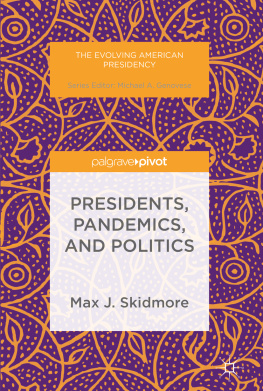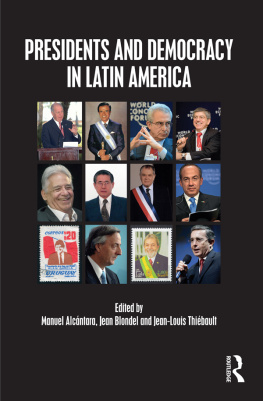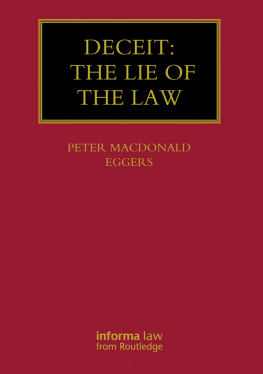A CKNOWLEDGMENTS
I have incurred numerous debts during the writing of this book. First and foremost, I thank John Mearsheimer. John was present at the creation, when this project first started to take shape, and has been an invaluable source of guidance and support throughout. I could not ask for a better mentor. Charlie Glaser has also had a profound impact on me, serving as a role model for what a scholar should be.
I owe a debt of gratitude to all those at the University of Chicago who helped to shape my thinking about international politics. Special thanks go to Dan Drezner, Stathis Kalyvas, Charles Lipson, Bob Pape, Duncan Snidal, and Alex Wendt. Leaving the deepest mark were the graduate students I overlapped with: Jon Caverley, Alex Downes, Todd Hall, Anne Harrington, Jenna Jordan, Adria Lawrence, Chris McIntosh, Nuno Monteiro, Michelle Murray, Emily Nacol, Taka Nishi, Negeen Pegahi, Sebastian Rosato, Frank Smith, Lora Viola, and Joel Westra. Michelle and Sebastian, in particular, have been close friends and reliable sounding boards through the years. Last but not least, Kathy Anderson, Heidi Parker, and Mimi Walsh were unfailingly generous when I needed administrative assistance.
Beyond the confines of Hyde Park, I benefited immensely from a year at the Belfer Center for Science and International Affairs at Harvard University. The Belfer Center provided an ideal environment in which to write and, more important, introduced me to a new group of friends and colleagues. Special thanks go to Steve Miller, Susan Lynch, Sean Lynn-Jones, and Steve Walt for their work with the International Security Program, and to Nick Biziouras, Mike Glosny, Mike Horowitz, and Paul MacDonald for their continuing friendship and advice. The Eisenhower Institute provided me with additional financial support during the year.
I have been fortunate to land rewarding jobs with the Committee on International Relations (CIR) at the University of Chicago and with the Air War College. Special thanks go to Duncan Snidal for providing me with the first opportunity and to the students in the CIR program for helping me to grow as a teacher. At the Air War College, I have benefited from the leadership of the dean, Mark Conversino, as well as from day-to-day interactions with an excellent group of faculty and students. Special thanks go to Jeff Record, who has contributed immensely to my understanding of the World War II, Vietnam, and Iraq cases.
I could not have completed the final draft of the book without the assistance of several generous people. Austin Carson, Kelly Greenhill, Josh Rovner, Elizabeth Saunders, Marc Trachtenberg, and Xiaoming Zhang patiently indulged me as I worked through the implications of their work for my own. The book is stronger in key places for their efforts. Also instrumental was a book workshop hosted by the Notre Dame International Security Program. Special thanks go to Sebastian Rosato for organizing the workshop, to the participants for their extensive feedback, and to Jon Caverley for making the drive from Chicago to join the group. Finally, I could not have asked for a more professional process at Cornell. Comments from reviewersone of whom turned out to be Bob Jervisimproved the book from front to back. Roger Haydon lent his expert touch at every turn. And Sara Ferguson and Julie Nemer did their parts as production editor and copyeditor, respectively, to polish up the manuscript.
On a personal note, I thank the family and friends who have supported me through the years. Special thanks go to my Notre Dame crew; the extended Reed and Schuessler families, especially my Uncle John, who introduced me to the Chicago Bulls, and my Aunt Moe, who provided a welcoming place to study during grad school; my parents, Terry and Jane Schuessler, who provided me with every opportunity and instilled a deep love of learning; my brother and sister, Mark and Kathryn; and, most important, my wife, Sarah, and my kids, Ella and Reed. This book is dedicated to them.
I NTRODUCTION
Democracy and Deception
There is widespread agreement inside and outside the academy that democracies are exceptional in their foreign relations. Although this argument comes in many different forms, a common point of departure is that democracies are institutionally constrained in ways that nondemocracies are not when it comes to going to war. Democratic leaders, according to this liberal institutional logic, must generate broad support for war and must do so through an open process of persuasion.
Although influential, the liberal institutional logic suffers from an empirical shortcoming: democratic leaders are regularly able to overcome the institutional constraints that they face through the use of deception. This becomes clear when we survey the history of U.S. foreign relations. There is considerable evidence, for example, that the
Likewise, the historical record is clear that the administration of Lyndon Johnson escalated the Vietnam War by stealth so as to subvert domestic debate.
The pattern of deception evident in U.S. foreign relations cuts to the core of the liberal institutional logic. The democratic process may act as a constraint on leaders ability to go to war, but deception provides a way around that constraint. Indeed, we can go further. Exactly because democratic decisions for war are determined and constrained by public consent, as the liberal institutional logic says, democratic leaders have powerful incentives to manufacture that consent through whatever means necessary.
We need only begin with assumptions that should be familiar from the liberal institutionalist literature. Democratic leaders want to secure broad support for war, support that cannot be taken for granted at either the mass or elite levels. On rare occasions, we find unified support for war, for example when the homeland has been attacked or victory promises to be nearly costless, but those are the exceptions that prove the rule. As a general matter, the benefits of war are usually ambiguous enough and the potential costs substantial enough that leaders have to grapple with some level of domestic opposition, even if only latent.
Where the liberal institutional logic breaks down is on the issue of deception. Proponents argue that the democratic process should serve as a deterrent to deception.
In practice, leaders resort to varying degrees and types of deception to sell wars. As a general rule, however, the more contentious the domestic politics surrounding a war, the more leaders will have to engage in blame-shifting . In cases where expected costs are high, for example, or success is uncertain, leaders can anticipate serious resistance to going to war. They will not be inclined to welcome domestic debate under these conditions. Rather, they will do their best to conceal the fact that they are actively considering war while seeking out provocations that shift the blame for hostilities onto the adversary. If the public becomes convinced that the other side has forced the issue, it will be more tolerant of the high costs and initial setbacks that can attend war against a capable opponent.
The more permissive the domestic political environment, in turn, the more deception will take the form of overselling . In the event that expected costs are low, for example, or an easy victory seems assured, public discontent will be latent and will center on the fact that war seems unnecessary. In this case, leaders will oversell the threat to convince the public that the stakes are high enough to justify the use of force. Any threat inflation will go uncontested as expectations of a one-sided victory dilute whatever incentives the political opposition might have to force a contentious debate.

